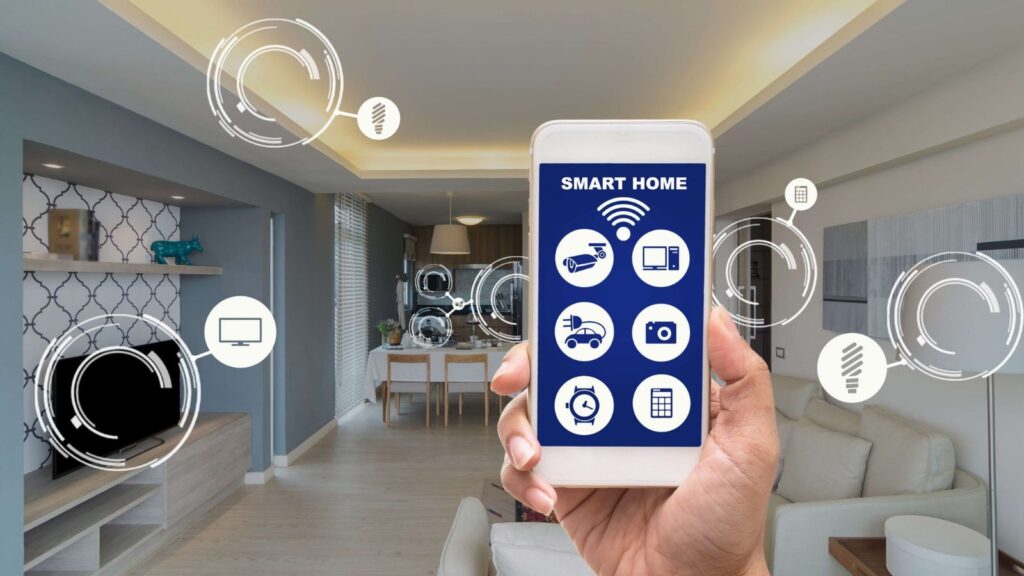In today’s tech-savvy world, securing your home doesn’t have to break the bank. With a rise in affordable, easy-to-install DIY security systems, it’s easier than ever to keep your property safe. Whether you’re looking for basic door/window sensors or a full-fledged security camera network, there’s a DIY solution that’s perfect for you.
These systems are not just budget-friendly, they’re also incredibly flexible. You can customise your setup to fit your home’s unique needs. Plus, most DIY systems offer smart home integration, allowing you to control and monitor your security from anywhere.
Home Diy Security Systems
Many homeowners are now opting for DIY home security systems due to the innumerable benefits they offer. The first advantage is cost-effectiveness. It’s a widely known fact that traditional security systems can have a hefty price tag. However, DIY options are generally more affordable and there are no unnecessary installation costs.
Moreover, DIY systems give homeowners the flexibility to customise their security plans. Individuals can decide how many cameras they need, where to place the sensors, and what type of security features they desire. The power is truly in the homeowners’ hands. They can tailor the system to match their specific needs, significantly enhancing the safety and security of their homes.
These systems also offer smart home integration. Users can seamlessly connect their security devices to several home automation systems. This integration permits homeowners to control security features remotely, even when they are not at home. They can interact with the system through easy-to-use mobile applications, receiving real-time notifications about any unusual activity.
Another benefit to mention is the installation process of these systems. Many DIY security packages come with user-friendly guides, making the installation process straightforward, even for individuals new to DIY. For those who might find it daunting, numerous online tutorials and support forums can provide step-by-step guidance. Minimal technical skills are required, yet the result achieved is a professionally designed security system that ensures peace of mind.

Types of DIY Security Systems
When it comes to DIY security systems, variety abounds. Based on their specific needs, homeowners can select from a range of options and features that best meet their requirements.
The Wire-Free System is one such type. It is an all-around favourite because it doesn’t need any annoying, unsightly cables. By using wireless communication protocols, all the system’s components link seamlessly. This system offers ease of installation, it’s user-friendly and requires minimum effort to relocate.
Wired Security Systems, on the other hand, are known for their reliability. They’re stable, dependable, and unlike their wire-free counterparts, they aren’t susceptible to issues like signal interference or hacking. Based on the scale of the setup, professional assistance might be necessary to ensure ideal installation.
Homeowners with expansive premises would benefit from Scalable Security Systems. This kind of security system gives homeowners the freedom to add as many cameras or sensors as they need, flexibly accommodating their evolving needs.
For those seeking smart home integration, look no further than a Smart Home Security System. Equipped with features like IoT integration, machine learning capabilities, and voice assistants, they enable complete control and customization from any device in any location.

Key Features to Consider
When choosing the most suitable DIY security system, homeowners must consider several key features. Each of these essentials adds a layer of security. Being mindful of these features can help to prevent security breaches and promote a safer home environment.
Installation Process
Ease of installation is often a determining factor. Many people choose DIY systems to avoid professional installation costs. Thus, a user-friendly system is preferable. Wire-Free Systems shine in this aspect, offering plug-and-play devices that anyone can set up.
Device Quality
Secondly, the quality of devices matters greatly. Security cameras, sensors, locks, or any equipment involved should withstand various conditions, especially in places with severe weather.
System Reliability
Third, consider the system’s reliability. In particular, Wired Systems are known for their stability. A reliable system will not fail when it’s most needed, such as during a power outage.
Scalability
Additionally, consider the scalability of your chosen system. Investments in home security systems are often long term. As your needs change, you might want to expand your setup or upgrade your devices. Scalable Systems provide this flexibility, accommodating new devices as required.
